
Ogilvy on Advertising in the Digital Age
Read or listen offline
Amazon KindleRecommendation
David Ogilvy’s book Ogilvy on Advertising became an instant industry classic in the 1980s. He dispelled myths surrounding the ad business and showcased work he admired, including his own. His philosophy led his successors, including the author, former Ogilvy chairman Miles Young, to view digital media as a channel for advertising rather than as a separate discipline. Because Ogilvy advocated separating “the eternal verities from the passing fads,” Young tries to dispel the hype around digital. He extends Ogilvy’s approach into the digital age, as he combines teaching digital advertising basics with highlighting successful campaigns and exploring trends online and around the world.
Summary
About the Author
Miles Young is Warden of New College, Oxford. He is the former worldwide chairman and CEO of the Ogilvy & Mather, an international advertising, marketing, communications, consulting and public relations agency.







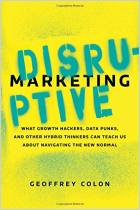
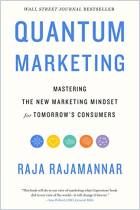
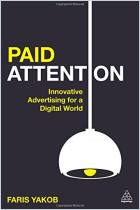
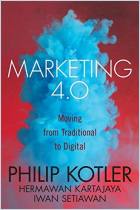

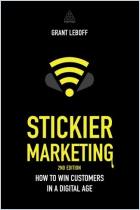





Comment on this summary or Start Discussion